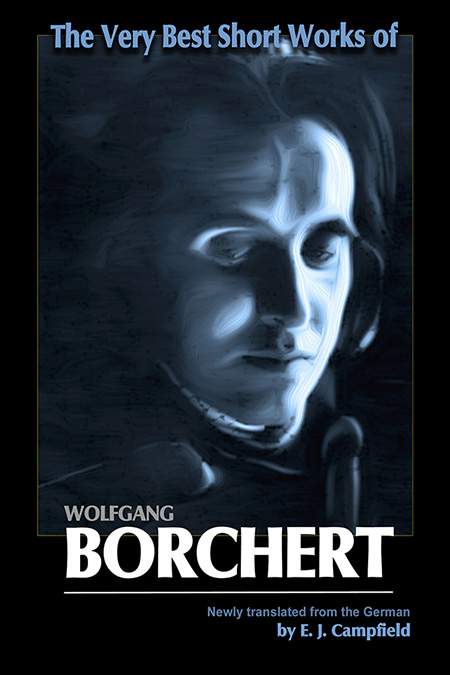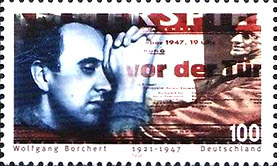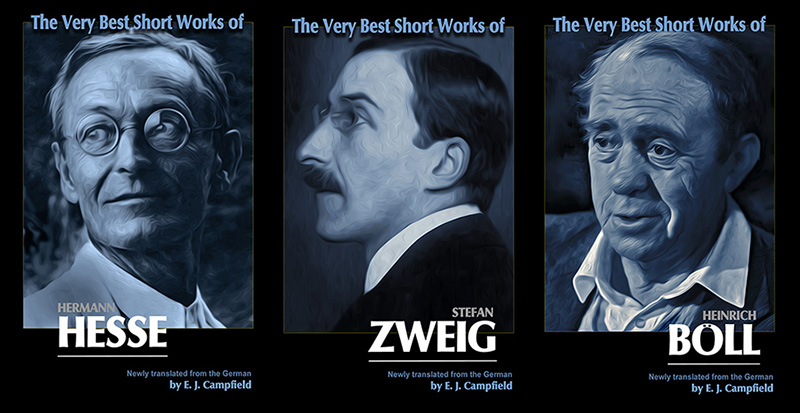One of the briefest and most tragic writing careers of the 20th century was that of Wolfgang Borchert. Born in Hamburg in 1921, Borchert was drafted into the German infantry in 1941 and assigned to the Russian front where he was critically wounded. His statements against the Third Reich earned him a death sentence -- suspended so he could be sent back to the Russian front. Failing health left him ill fit for such rigors however, and upon receiving a medical discharge, he was promptly retried for his anti-Hitler statements and sent to prison. Set free at war's end by American troops in southern Germany, the only way he could get home to Hamburg was to walk -- a distance of nearly 400 miles.
Physically broken, Borchert lived only two years after the war, yet it was during this brief time that he turned out virtually all of his writings. His most successful work was a drama, Draußen vor der Tür (The Outsider), performed on stage for the first time at the Kammerspiele Theater in Hamburg the evening following his death. He was 26.
Borchert's short stories are mainly miniatures -- bleak vignettes of life in cold, war-plagued surroundings. The links that follow are my translations of a few of his best (plus my script for a short film based on one of them). Borchert focuses on the residue of war, mostly the unfortunate human residue who must pick up living again where devastation left off. His descriptions are stark and photographic. He waves no banners, drums no morals -- his word portraits and landscapes speak their own haunting truths. His style is marked by repetition of key words and phrases, fine metaphor and dialogue without quotation marks.
· After All, Rats Sleep at Night (short story)
· After All, Rats Sleep at Night (script for a short film, based on the short story)
· Cat Frozen in the Snow (short story)
· Jesus Wants Nothing More to Do With It (short story)
· The Three Dark Kings (short story)
· My Pale Brother (short story)
New Titles - Currently Editing...


